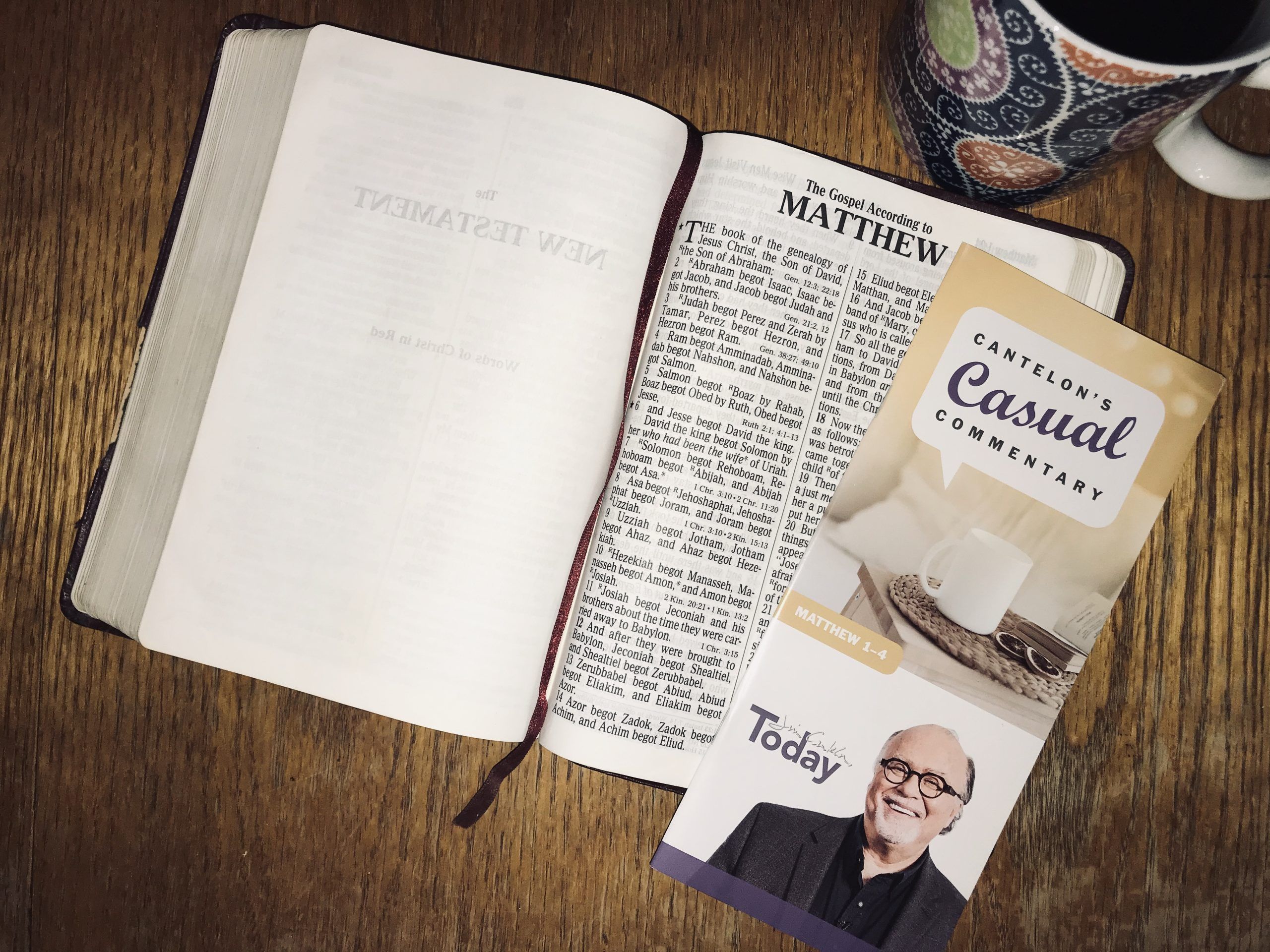June 17, 2020
Matthew 5
The Mourners v.4
Here we have what an old theologian called “a deep doctrine of sin, a high doctrine of joy.” St. Paul’s, “O wretchedness man that I am…” is followed by, “I thank God through Jesus Christ our Lord…” (Ro. 7:24, 25). Comfort comes to those who mourn.
Jesus is addressing both those who’ve been bereaved and those whose poverty has driven them to spiritual despair. Whatever the source of the mourning, the sorrowing soul has been driven them to spiritual despair. Whatever the source of the mourning, the sorrowing soul has been driven to the deep. The mourner has “a broken and a contrite heart,” which, as we know from scripture, “The Lord will not despise” (Ps.51:17). The sorrow of repentance is eclipsed by the joy of forgiveness. There is not greater comfort. A crushing weight has been lifted from the soul.
The Meek v. 5
I wonder if Jesus was thinking of Psalm 37 as he spoke these words. King David was reflecting ono the apparent freedom of the wicked as they prospered with impunity. The godly ten to “fret” (v.1) and resent (v.8) the easy affluence of the evildoers. But David tells the righteous soul to “chill” and be patient. It’s only a matter of time (v.10) and the ungodly will perish. The only sustainable way to long-term peace and prosperity is “meekness”. The teachable, moldable, righteous and just soul will “inherit the earth” (v.11). The meek will prevail.




